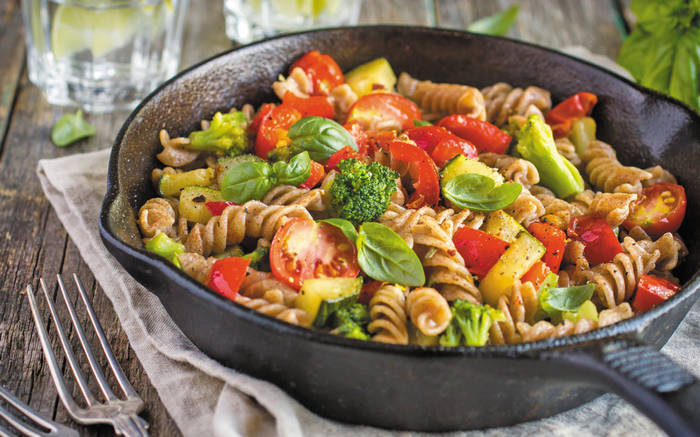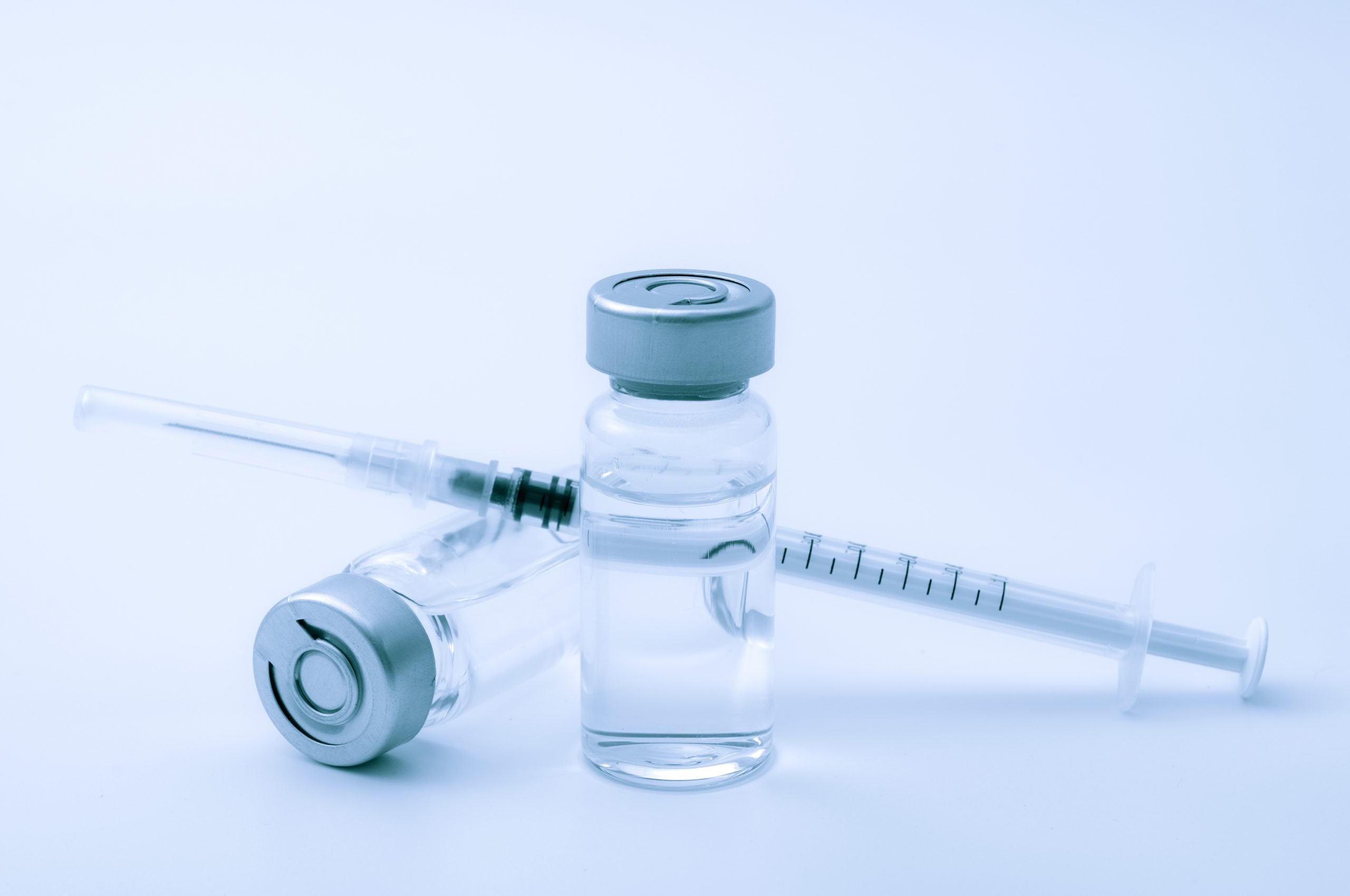Anti inflammatory diet for gastritis
Gastritis, a condition characterized by inflammation of the stomach lining, can lead to a host of uncomfortable symptoms, including stomach pain, nausea, vomiting, and indigestion. While medical treatment is often necessary, dietary choices play a crucial role in managing and alleviating the symptoms of gastritis. An anti-inflammatory diet, rich in foods that reduce inflammation and avoid irritants, can significantly improve the quality of life for those suffering from this condition.
Understanding Gastritis
Gastritis can be acute or chronic. Acute gastritis is a sudden inflammation of the stomach lining, often caused by infection, certain medications, alcohol, or spicy foods. Chronic gastritis, on the other hand, is a prolonged inflammation that may be caused by persistent infection (such as Helicobacter pylori), autoimmune diseases, or prolonged use of NSAIDs (non-steroidal anti-inflammatory drugs). The common thread in both forms is inflammation, which is where dietary intervention can be particularly beneficial.

The Role of Inflammation in Gastritis
Inflammation is the body’s natural response to injury or infection, involving an immune response that aims to heal the affected tissues. However, chronic inflammation can be harmful and lead to various diseases, including gastritis. An anti-inflammatory diet helps to minimize this prolonged inflammatory response, promoting healing and reducing symptoms.
Principles of an Anti-Inflammatory Diet
An anti-inflammatory diet focuses on incorporating foods that naturally reduce inflammation while avoiding those that can trigger or exacerbate it. The following are key principles:
- Emphasize Whole Foods: Whole foods, such as fruits, vegetables, whole grains, nuts, and seeds, are rich in nutrients and antioxidants that combat inflammation.
- Increase Omega-3 Fatty Acids: Found in fatty fish, flaxseeds, chia seeds, and walnuts, omega-3 fatty acids have potent anti-inflammatory properties.
- Incorporate Probiotics and Prebiotics: These promote a healthy gut microbiome, which can reduce inflammation. Yogurt, kefir, sauerkraut, and other fermented foods are excellent sources.
- Choose Healthy Fats: Opt for olive oil, avocado, and other sources of monounsaturated and polyunsaturated fats, which have anti-inflammatory effects.
- Limit Processed Foods: Processed and refined foods often contain trans fats, sugar, and other ingredients that can increase inflammation.
- Avoid Irritants: Foods and beverages like alcohol, caffeine, spicy foods, and acidic foods can irritate the stomach lining and should be avoided.
Anti-Inflammatory Foods for Gastritis
Here are some specific foods to include in an anti-inflammatory diet for gastritis:
- Green Leafy Vegetables: Spinach, kale, and Swiss chard are high in vitamins and antioxidants that reduce inflammation.
- Berries: Blueberries, strawberries, and raspberries are rich in antioxidants, particularly anthocyanins, which have anti-inflammatory effects.
- Fatty Fish: Salmon, mackerel, and sardines provide high levels of omega-3 fatty acids.
- Nuts and Seeds: Almonds, walnuts, flaxseeds, and chia seeds offer healthy fats and fiber.
- Whole Grains: Brown rice, quinoa, and oats are less likely to irritate the stomach and are rich in fiber.
- Ginger and Turmeric: These spices have strong anti-inflammatory properties and can be added to meals or consumed as tea.
- Olive Oil: A great source of monounsaturated fats and polyphenols, which have anti-inflammatory effects.
- Herbal Teas: Chamomile and peppermint tea can soothe the stomach and reduce inflammation.
Foods to Avoid with Gastritis
Certain foods and beverages can exacerbate gastritis symptoms and should be avoided:
- Alcohol: Irritates the stomach lining and increases inflammation.
- Caffeine: Found in coffee, tea, and some sodas, caffeine can increase stomach acid production and irritate the stomach lining.
- Spicy Foods: Chili peppers and other spicy foods can trigger inflammation and pain.
- Acidic Foods: Citrus fruits and tomatoes can increase stomach acidity and cause irritation.
- Fried and Fatty Foods: These can be hard to digest and increase inflammation.
- Processed Foods: High in sugar, trans fats, and artificial additives, processed foods can promote inflammation.
- Red Meat: High in saturated fats, red meat can increase inflammation and should be consumed in moderation or replaced with lean proteins.
Sample Meal Plan for an Anti-Inflammatory Diet
A well-balanced meal plan that incorporates anti-inflammatory foods can help manage gastritis symptoms effectively. Here is a sample plan:
Breakfast:
- Greek yogurt with fresh berries and a sprinkle of flaxseeds
- A cup of chamomile tea
Mid-Morning Snack:
- A small handful of almonds and an apple
Lunch:
- Quinoa salad with mixed greens, cherry tomatoes, cucumber, and olive oil dressing
- Grilled salmon
- A cup of peppermint tea
Afternoon Snack:
- Carrot sticks with hummus
Dinner:
- Baked chicken breast with steamed broccoli and sweet potato
- A mixed green salad with avocado and a lemon-olive oil dressing
Evening Snack:
- A small bowl of berries or a turmeric-infused warm milk
Lifestyle Changes to Complement Diet
In addition to dietary changes, certain lifestyle modifications can further help manage gastritis:
- Eat Smaller, More Frequent Meals: This can help reduce stomach acid production and prevent irritation.
- Avoid Eating Late at Night: Allowing your stomach to rest before bedtime can minimize symptoms.
- Stay Hydrated: Drinking plenty of water throughout the day can aid digestion and reduce irritation.
- Manage Stress: Chronic stress can worsen gastritis symptoms. Practices like yoga, meditation, and deep breathing can help.
- Quit Smoking: Smoking can damage the stomach lining and increase inflammation.
Conclusion
An anti-inflammatory diet is a powerful tool in managing gastritis. By choosing foods that reduce inflammation and avoiding those that irritate the stomach, individuals can significantly alleviate their symptoms and promote healing. While diet alone may not cure gastritis, it is an essential component of a comprehensive treatment plan. Coupled with medical treatment and lifestyle changes, an anti-inflammatory diet can lead to a significant improvement in the quality of life for those suffering from this condition.
Implementing these dietary changes requires commitment and consistency, but the benefits far outweigh the effort. As always, it is important to consult with a healthcare professional or a registered dietitian before making significant changes to your diet, especially if you have underlying health conditions or are on medication. With the right approach, managing gastritis through an anti-inflammatory diet is not only possible but also highly effective.


